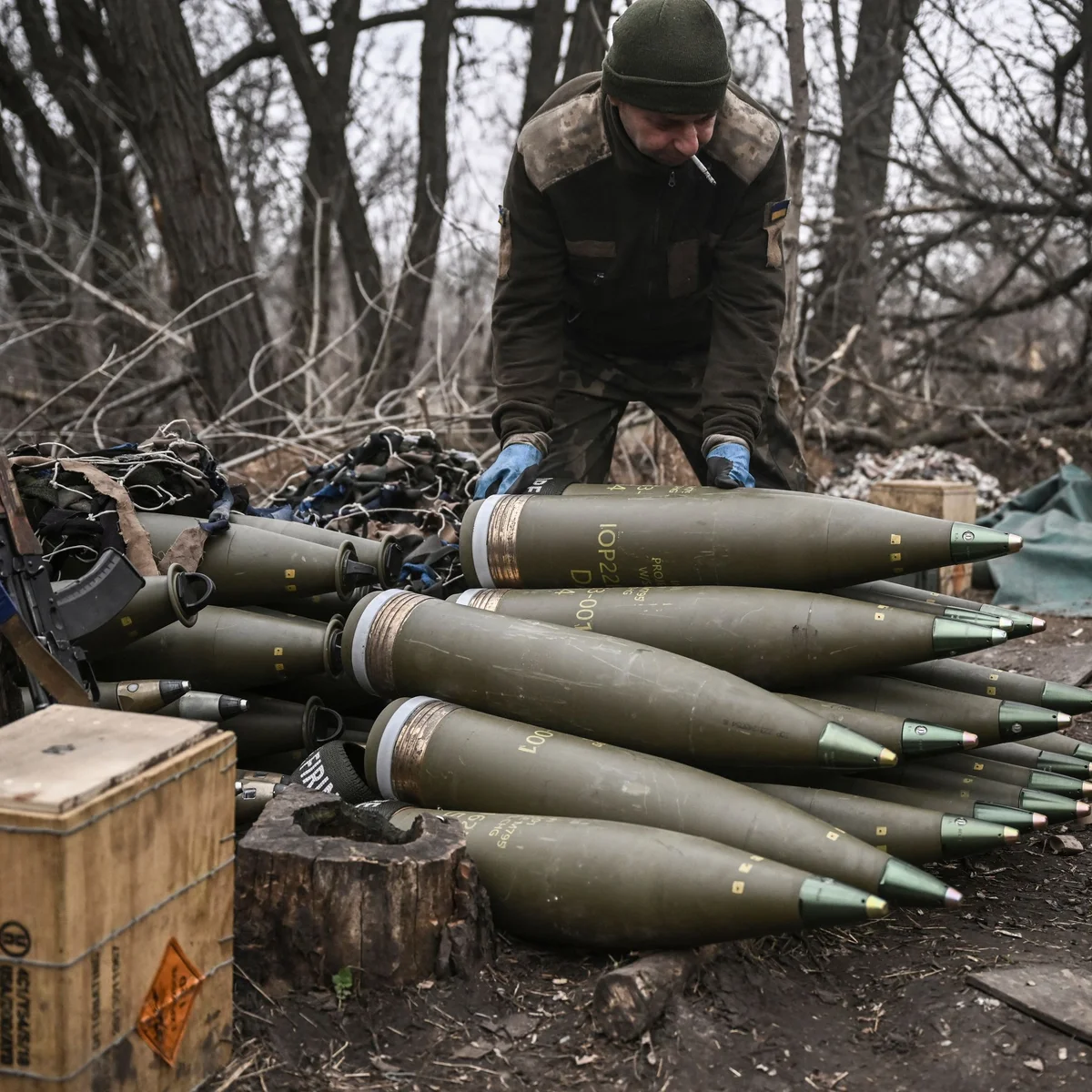
On US House procedural vote
US House Passes Key Procedural Vote Amidst Deep Party Divisions and High Stakes Legislation
In a significant development on Capitol Hill, the U.S. House of Representatives narrowly approved a crucial procedural vote that sets the stage for the debate and potential passage of a sweeping legislative package. The vote, held late Tuesday evening, was emblematic not only of the partisan tensions that have gripped Congress in recent months but also of the internal challenges facing both major parties as they try to marshal support for key components of their legislative agendas. While procedural votes often garner little attention from the public, this one carried substantial weight, as it marked a pivotal moment in the legislative process and revealed much about the dynamics within the House.
At the heart of the vote was the House Rules Committee’s resolution to bring forward a multifaceted bill that includes appropriations for federal agencies, funding for Ukraine and Israel, immigration reforms, and a broader energy package. The procedural vote, known officially as a “rule vote,” determines if the full House can debate and amend a piece of legislation on the floor. Without this initial approval, the legislative process effectively grinds to a halt. In this case, the resolution passed by a razor thin margin, highlighting the divisions not just between Republicans and Democrats, but also within the Republican majority itself. Several conservative members expressed dissatisfaction with the inclusion of foreign aid and what they deemed insufficient spending cuts.
The House Freedom Caucus, a group of hardline conservative Republicans, had initially indicated strong opposition to the rule, threatening to derail the leadership's plan. Their concerns centered around what they saw as excessive federal spending and a lack of concrete border security guarantees. Meanwhile, moderate Republicans and most Democrats saw the package as a necessary compromise to keep the government running and provide aid to international allies. In the end, House Speaker Mike Johnson had to engage in last minute negotiations, offering potential concessions and personal assurances to secure just enough votes to move the legislation forward. The outcome exposed the increasingly fragile nature of majority rule in the House.
On the Democratic side, the party largely voted in favor of the procedural step, not because of wholehearted endorsement of every element in the proposed bill, but rather due to a strategic calculation. Many Democrats emphasized the importance of preventing a government shutdown and supporting Ukraine in its ongoing defense against Russian aggression. However, some progressives voiced concerns about the inclusion of funding for military operations and fossil fuel subsidies embedded in the energy package. Despite these reservations, Democratic leadership urged unity on the rule vote, recognizing that failure to advance the legislation could have derailed months of negotiations and bipartisan cooperation.
Beyond the immediate legislative implications, the procedural vote is being seen as a litmus test for Speaker Johnson's leadership. Having assumed the speakership under tumultuous circumstances, Johnson is attempting to navigate a deeply fractured Republican caucus while maintaining enough discipline to shepherd essential bills through the House. His success in securing the rule vote, albeit narrowly, provided a temporary reprieve from mounting criticism. But many political analysts caution that this is only the beginning of a series of high stakes confrontations as Congress faces looming deadlines on the debt ceiling, defense authorization, and fiscal year appropriations.
The White House has taken a cautious but supportive stance on the legislative developments. In a statement following the House vote, Press Secretary Karine Jean Pierre praised the bipartisan effort to keep the legislative process moving and reiterated President Biden’s commitment to working with both chambers of Congress. The administration continues to advocate for robust support for Ukraine and Israel, immigration reform with a humane framework, and clean energy investments. However, Biden officials have also made clear that they will oppose any final bill that includes severe cuts to social programs or undermines environmental protections. This sets up the potential for further negotiations or confrontations once the bill reaches the Senate or the President’s desk.
The procedural vote also has electoral implications, particularly for swing district representatives who are walking a tightrope between national party priorities and local voter expectations. Several lawmakers who are up for reelection in closely contested districts issued statements defending their votes. These representatives emphasized the importance of legislative compromise, fiscal responsibility, and national security. However, political opponents have already begun using aspects of the bill as ammunition, accusing incumbents of abandoning core principles or supporting controversial foreign aid packages. With the 2024 elections drawing closer, every vote is likely to be scrutinized, repackaged, and amplified by partisan operatives.
Looking ahead, the next steps will be equally critical. The House must now engage in detailed floor debates, propose amendments, and ultimately vote on the final legislative package. The Senate will then consider the bill, where different political dynamics come into play. Majority Leader Chuck Schumer has indicated general support for the House’s direction but hinted that substantial changes could be made before the bill is approved in the upper chamber. Senate Republicans, led by Mitch McConnell, have shown more willingness to fund Ukraine and uphold international commitments, which could further complicate negotiations between the two chambers.
In conclusion, the U.S. House’s approval of the procedural rule vote marks a key inflection point in what promises to be a contentious and consequential legislative session. While procedural votes are often technical and overlooked, this particular decision carries outsized importance due to the range of issues at stake from foreign policy and immigration to energy and domestic spending. The narrow passage of the rule illustrates both the potential for bipartisan cooperation and the ongoing challenges of governance in a deeply polarized political environment. if this vote will pave the way for substantive legislative achievements or merely serve as a brief pause before the next partisan showdown remains to be seen. However, it undeniably reflects the high stakes and fragile alliances that define the current moment in American politics.










